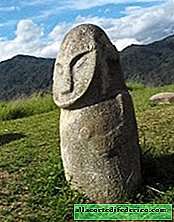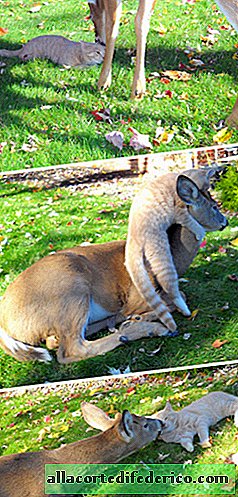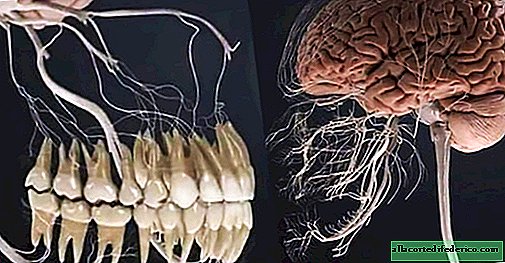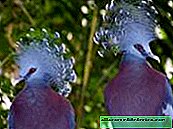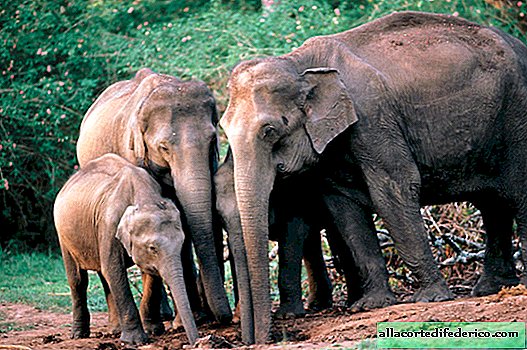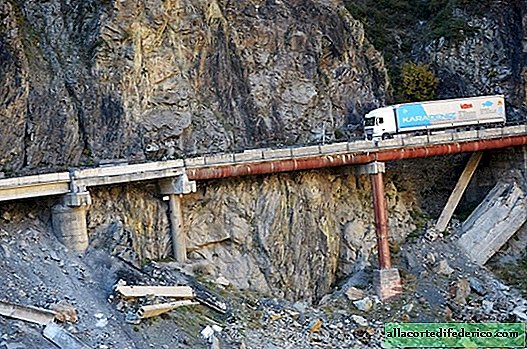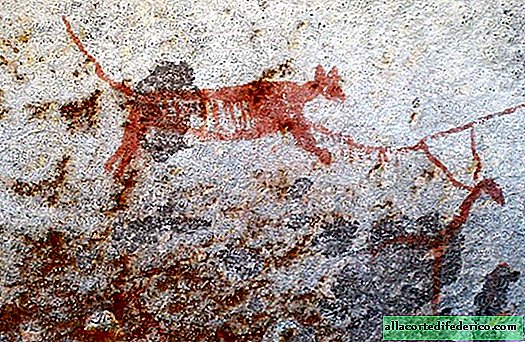New Zealand has a unique view of black swans
In forecasting, the “black swan” is an event that cannot be predicted, but radically changing the current state of affairs. Once upon a time in New Zealand there lived a unique flightless species of black swans, which the Maori aborigines called Pouva. Legends about these birds were preserved among local tribes, however, scientists only recently proved that such a species really existed. And the cause of the extinction of these black swans was another "black swan" - the appearance of people.
Flying to nothing
Researchers from the University of Otago, the Canterbury Museum and the Museum of New Zealand have proven that the New Zealand black swan Poūwa (Cygnus sumnerensis) was a unique species. DNA analysis of ancient remains says that Poūwa were much heavier and bigger than their Australian relatives, who are now common around New Zealand. Scientists also found that Poūwa practically forgot how to fly before they died out.
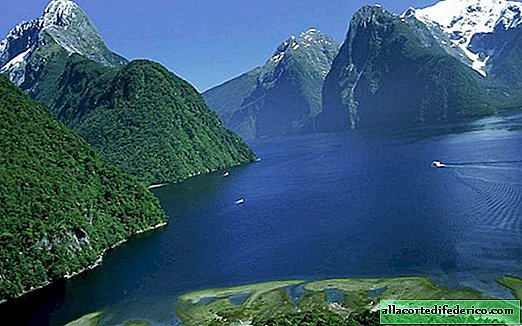
Australian black swans first came to New Zealand about one to two million years ago during the Pleistocene ice age. Having settled here and on the Chatham Islands, they quickly became more than Australian (up to 10 kg versus 6 kg) and developed long legs, gradually turning into land birds.

Birds acquire this property in island ecosystems, where there are no mammalian predators, and winged creatures are at the top of the food chain. It was the imaginary security of the archipelago that played a trick on Poūwa.
Human factor
Until the mid-1990s, scientists believed that the black swans of New Zealand at the time the Polynesians appeared here were the same as in Australia. But when Europeans arrived in New Zealand at the end of the 18th century, there were no black swans here - only ancient remains.

After studying the remains of almost 40 birds, scientists came to the conclusion that Poūwa became extinct around 1450, that is, 150 years after the appearance of people in New Zealand. Apparently, the birds freshened up after death, that is, people were clearly the killers. Also, perhaps they collected their eggs, putting large and flightless birds, confident in their safety, on the brink of extinction.


